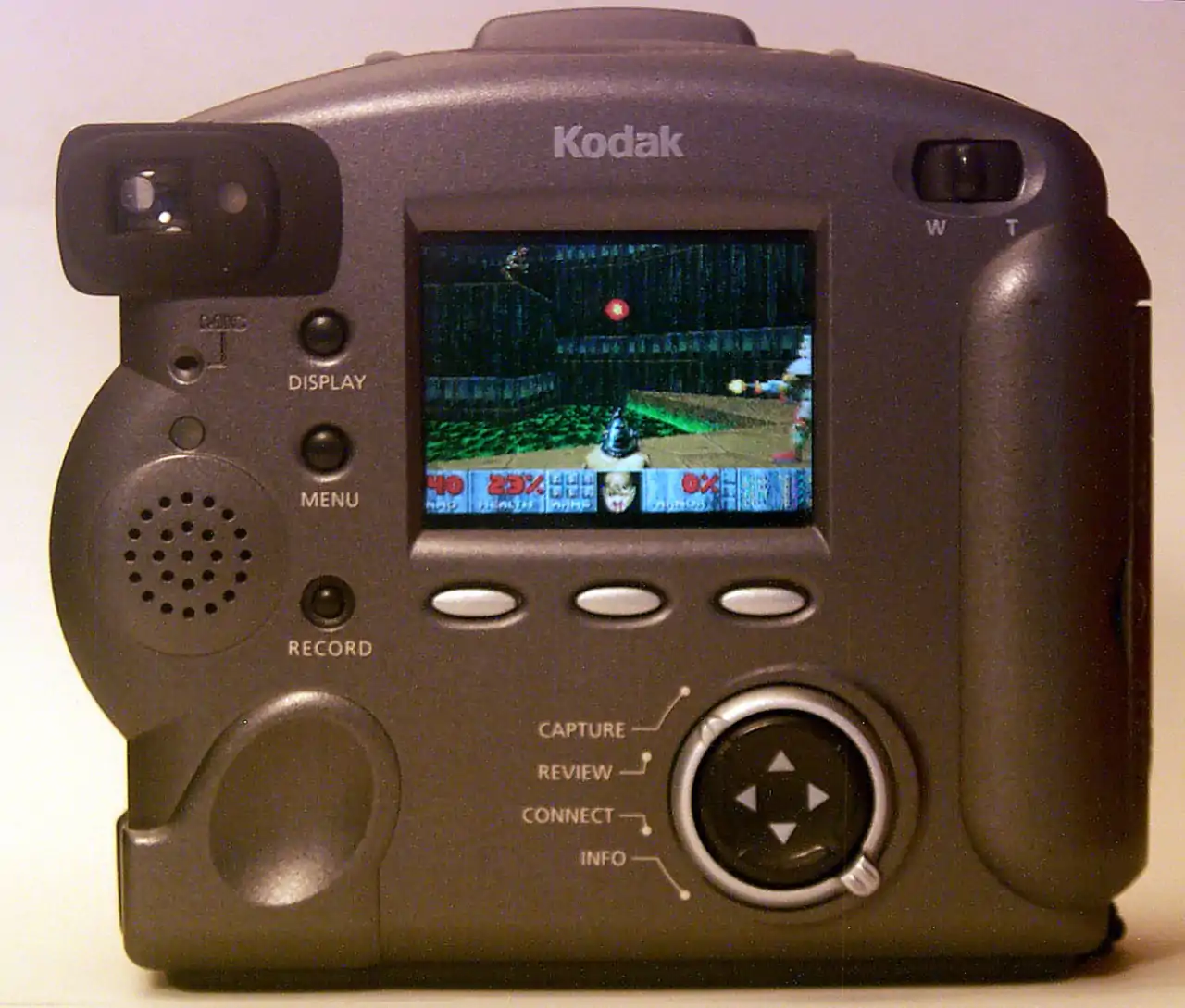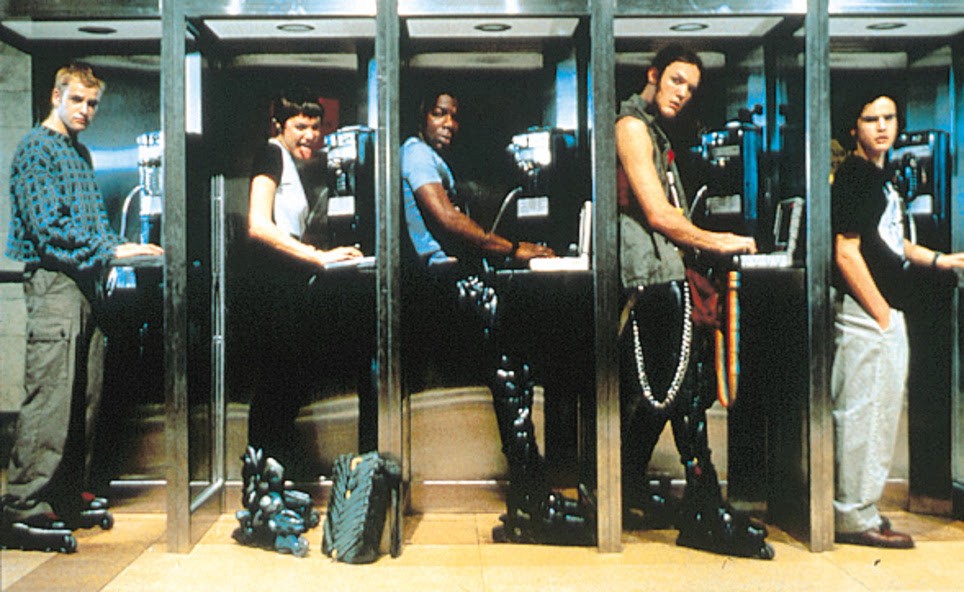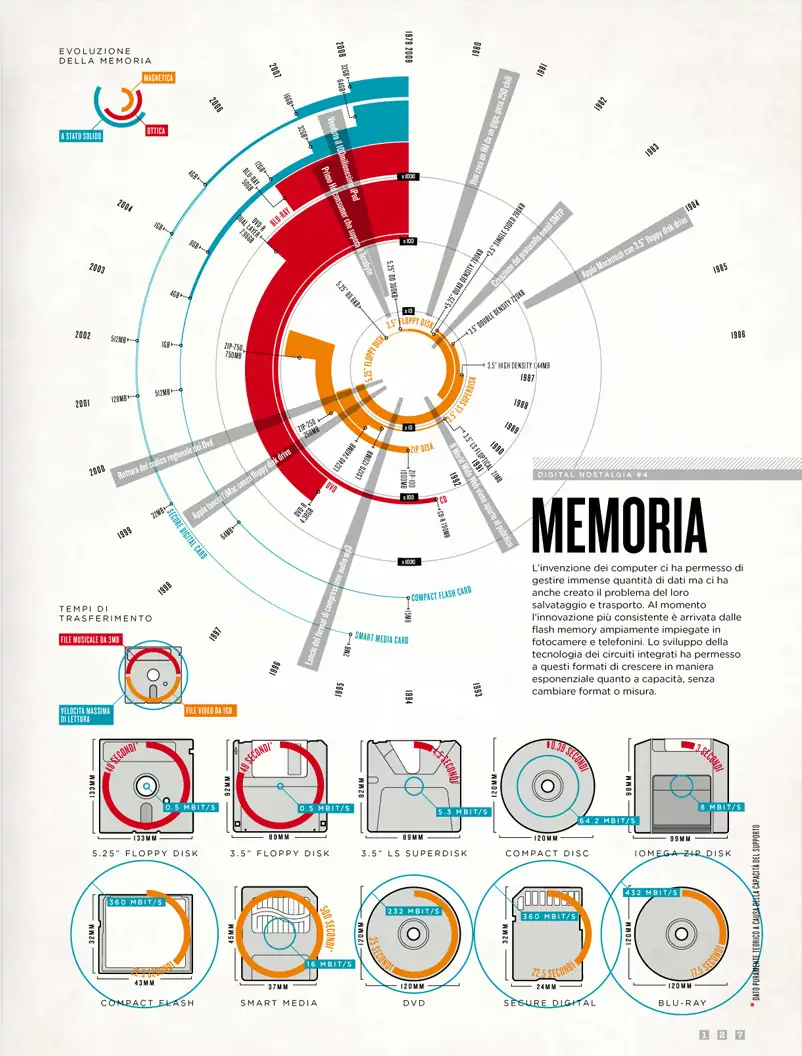Digital nostalgia
Pixel art, geocities chic, cyberpunk retrofuturism
May 14, 2020 — November 9, 2021
Suspiciously similar content
Various snippets of digital nostalgia, and do-overs of futures that happened. Vaporwave, classic console emulations. The transformation of plastic glitching commodity aesthetic into art chic. Unfortunate prescience. Preemptive obsolescence.
Explicitly not included: classic synthesizers. Synth nerds have that in hand.
1 Retro gaming
Not your grandpappy’s gaming console.
Start with Elkus on Doom, the 1993 game, as a metaphor for contemporary existence (includes installation instructions).
There is some less philosophically tortured stuff out there.
ENFORCE: Seek and destroy content in violation of Hypnospace law by exploring a massive, detailed, fictional internet.
CUSTOMIZE: Earn HypnoCoin to spend on weird software, desktop themes, stickers, games, music, screensavers, virtual pets, and more.
SURVIVE: Deal with viruses, adware, hackers, secret pages, and all manner of unsavoury or otherwise strange internet shenanigans.
MAKE A DIFFERENCE: Observe your impact on the lives of the Hypnospace ‘Citizens’ under your watch as the year 2000 draws nearer.
CREATE: Use the Hypnospace Page Builder and Hypnospace Tune Sequencer dev tools to create your own content and share it with the world!
2 Digital luddites
Back-to-digital-nature minimalist boutique internet hipsters.
2.1 twtxt
- a user directory for twtxt, twtxt.xyz
- buckket/twtxt: Decentralised, minimalist microblogging service for hackers.
2.2 Gemini
3 The internet but old
Here try these retro homages to the internet of Web 1.0 and Web 2.0:
- Vistaserv is a lovingly recreated homage to geocities hosting of the 90s.
- Mackerelmedia Fish® Powering the Web since 1996
- Electric Zine Maker
- remember the internet a series of “books” (?) covering such essentials as tumblr porn by ana valens, tori amos bootleg webring by megan milks, google glass by quinn myers and myspace scene queens by noor al-sibai
4 Netiquette
Critical reality check: Tressie McMillan Cottom on internet safe spaces and inclusion and wasn’t it nice when we did not need to hear inconvenient voices?:
I am very resistant to nostalgia as a thing because usually what we are nostalgic for is a time that just was not that great for a lot of people. And so what we were usually really nostalgic for is a time when we didn’t have to think so much about who was missing in the room, who wasn’t at the table. So when I talk to friends, and especially younger people coming up behind us either in the internet or in writing spaces, we’re like, that time was horrible for young queer people.
They talk about looking for little safe pockets of space in web 2.0 world where it was still very OK to be homophobic, for example, in those spaces and our casual language and how we structured that kind of thing. And they love being able to leave that part behind in this new world of whatever the web is now, both a consolidated and a disaggregated new web.
In the same interview they credit Jennifer Richardson with calling this the democratization of discomfort.
She also summarises a moment that some of us miss when the internet was a hobbyist space in the early blogosphere:
There was a class of thinkers, a class of writers who came up in that web 2.0 that does feel like, yeah, we lost something there.
There was a humanity there for good or for bad. Humanity is messy, but there was a sense that those ideas were attached to people, and there were things driving those people, there’s a reason they had chosen to be in that space before it all became about chasing an audience in a platform and turning that into influencer and translating that into that — before all that happened, the professionalization of it all. And that’s what I think we’re missing when we become nostalgic for that web 2.0. I think it’s the people in the machine.
Looking at the designs of various DIY socials in the light of her summary makes me feel that urge to safe spaces is an important parameter to watch in understanding the internet unfold. Scuttlebutt and twtxt and so on are all exclusionary, by design, I presume, since they are tedious to set up. It is a costly gesture to adopt these platforms with their principled but also painful designs.
5 Ono-sendai chic
6 Internet as a site of fun
See the fun web
7 Screensavers
See screensavers.
8 Incoming
-
ROMchip: A Journal of Game Histories is a platform designed for the advancement of critical historical studies of games, broadly imagined across a variety of fields, disciplines, and professions. It supports any discipline of work enlivening the history of games in local and global contexts, and embraces diversity in how game history is studied, documented, collected, preserved, and practiced. ROMchip is where the history of games is taken seriously.


